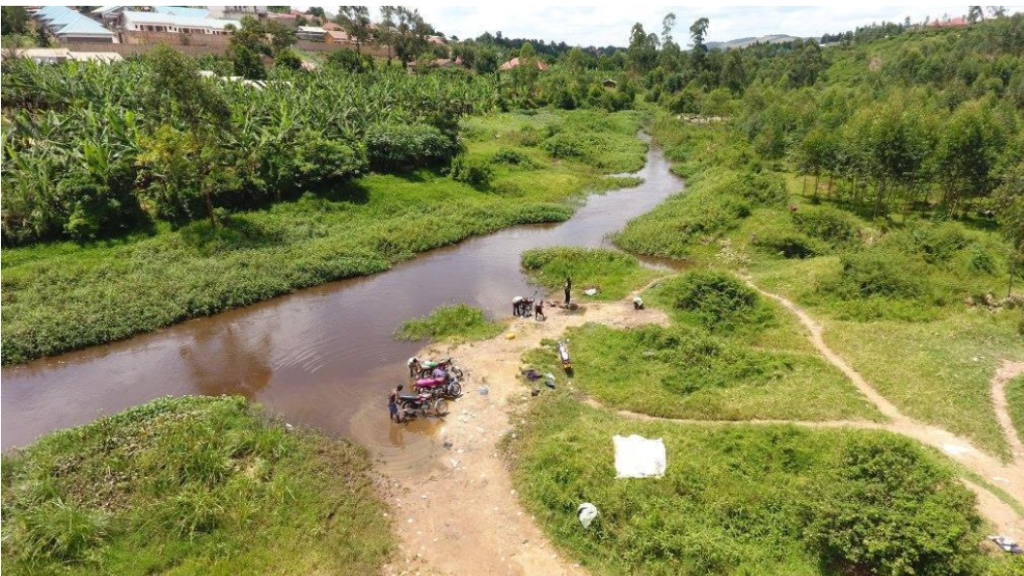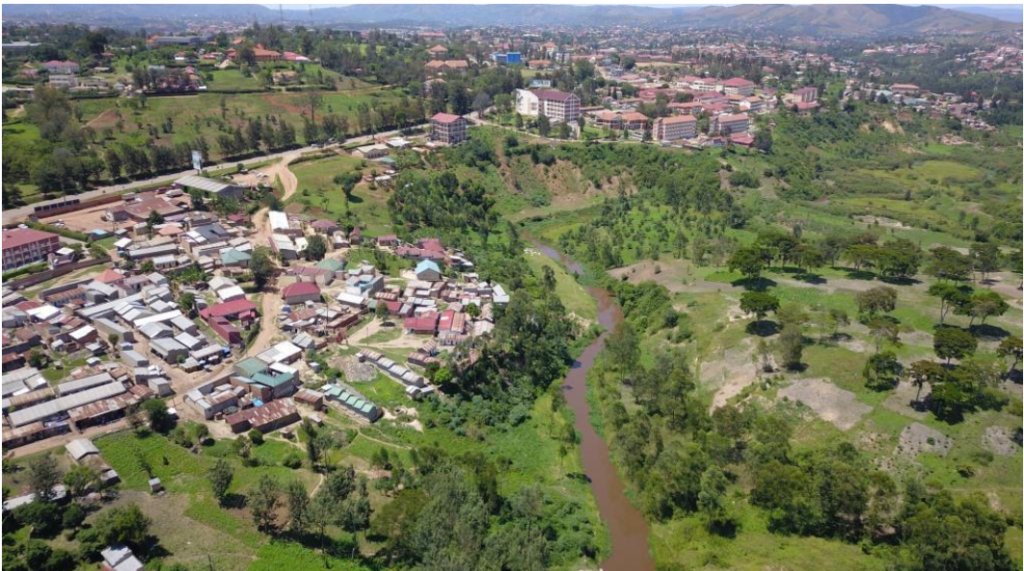UGX 2 billion initiative by Nile Breweries Limited and the World-Wide Fund for Nature (WWF) has successfully rehabilitated 80.3 hectares of the degraded River Rwizi catchment area.
Stephen Emor, the team leader for the Victoria Water Management Project under the Ministry of Water and Environment, highlighted the project’s numerous benefits since its inception in 2019.
“By fencing off and demarcating the river bank with live markers and planting bamboo along the buffer, we have significantly reduced sedimentation and siltation into the river,” Emor explained.
The project has also focused on soil and water conservation to minimize the inflow of silt-laden water into the river, preventing clogging.

The Rwizi catchment area, spanning 12 districts, has seen substantial benefits for its population. Emor emphasized the project’s success in demonstrating that nature-based solutions can effectively combat river degradation.
He also noted that the initiative has provided alternative livelihood options for local communities, reducing their dependence on activities that harm the river.
Nile Breweries Managing Director, Adu Rando, praised the project’s impact on the river.
“During my visit to River Rwizi three weeks ago, I observed significant improvements in water levels and quality. These actions have delivered noticeable short-term improvements towards our goals,” Rando remarked.
Ivan Tumuhimbise, WWF’s country director, commended the partnership with Nile Breweries for achieving remarkable results.
“Our collaboration has harnessed our combined expertise, resources, and influence to develop innovative watershed conservation strategies. We continue to work on water risk assessments, sustainable agricultural practices, and community engagement,” Tumuhimbise stated.

He stressed the importance of scientific research, data analysis, and stakeholder involvement in driving effective water management strategies.
As the world marks International Environment Day, Tumuhimbise urged the private sector to join efforts in environmental restoration, highlighting the project’s success in improving water availability, quality, and freshwater biodiversity.
“We are catalysing key decision-makers to recognize the value of water and improve governance for sustainable water management solutions,” he addedd


